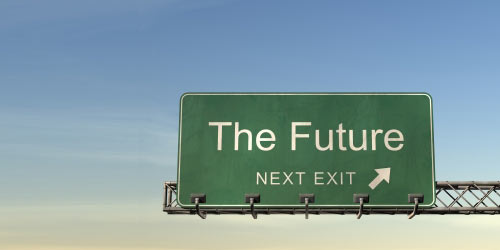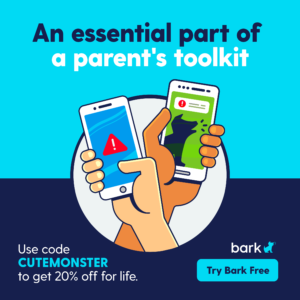
I was in my twenties in the mid 1990s when the online era began its pervasive worldwide invasion. I worked in New York City’s “Silicon Alley”. At the time, if you could write a line of HTML code you were deemed cutting edge. In fact, if you even knew what HTML code was you were considered a hot commodity. Jobs were plentiful, perks were outrageous, and the possibilities seemed endless. Of course most folks had a painfully slow dial up connection back then. The high speed internet highway still needed to be built in earnest. And there was the soul crushing internet bubble that burst eventually in 2000. It wasn’t the end of course. In fact, 15 years later we still find ourselves at the beginning.
There’s not a single industry that does not make use of the internet in the 21st century. That includes both public and private schools throughout the United States. Consequently kids born from the year 2000 on have never known a world without the internet. Being that I’m a parent of elementary school aged children, they’ve grown up exposed to smartphones and tablets as well. Initially my wife and I had no problem with technology integrated into our children’s daily lives. As long as we closely monitored and supervised their electronic media device activities, we felt comfortable with their use. Besides, in the beginning our kids were mostly interested in educational games and electronic books. The subject of children’s online safety took a backseat.
Fast forward to the present and suddenly we find ourselves immersed in online safety issues. Although both kids have not reached double digits in age, their elementary school curriculum includes computer usage. Consequently, they’ve been enlightened to the concept of using computers as tools for obtaining information about anything they can imagine. Then there’s the matter of YouTube. Disconcertingly, Social Media now looms large on the horizon as well. Thankfully there are privacy safeguards available. Still, smart children coupled with intuitive application interfaces don’t provide an assuring level of comfort to parents. My wife and I have come to the sober realization the training wheels have come off.
The Children’s Online Privacy Protection Act of 1998 sought to implement safeguards for kids using websites. For example, creating a Facebook account requires the individual to be 13 years of age or older. The reality though is commercial websites rely on the user to be truthful in disclosing information such as their actual age. Also, there’s an expectation adults and or parents will be omnipresent to supervise kids in their daily online activities. Helicopter parenting, often frowned upon at the playground, seems to be the preferred course of action in digital environments. We quickly realized logistically this level of oversight could not be sustained indefinitely. One size does not fit all.
Instead, we’ve decided to instill the idea of kids rules for online safety in age appropriate moderation. Coupled with privacy settings for browsing and a variety safety protocols for applications like youtube, which as of this writing just launched a YouTube Kids app, we think hope we can guide our kids through the ever changing labyrinth known as the internet. In theory, as long as we keep abreast of the latest developments, our family will grow and adapt with the digital age including daunting Social Media platforms. More importantly, we aim to emphasize the idea of respect. Children who learn respect for others in real life will be better equipped for the virtual landscape that lies ahead…right?
What’s your plan of action for children’s online safety?
 This post was inspired and sponsored by Domain.ME, the provider of the personal URLs that end in .ME. As a company, they aim to promote thought leadership to the tech world.
This post was inspired and sponsored by Domain.ME, the provider of the personal URLs that end in .ME. As a company, they aim to promote thought leadership to the tech world.




